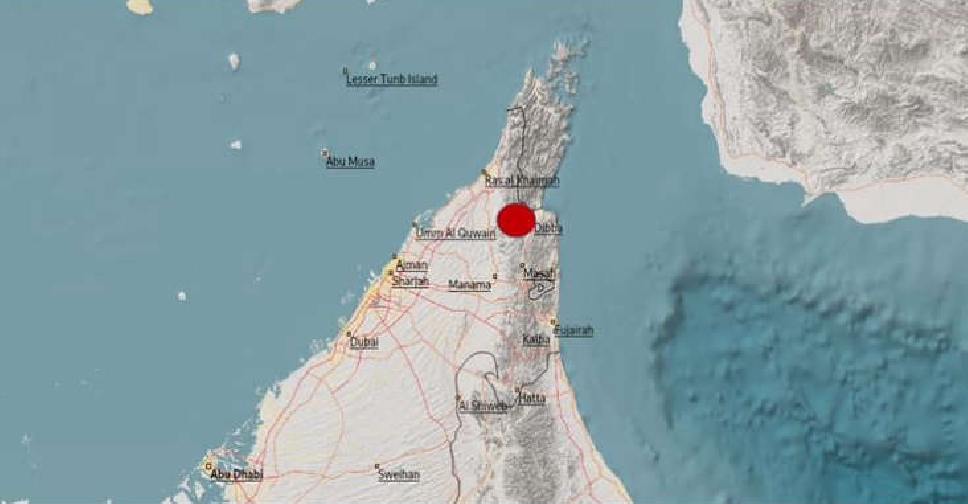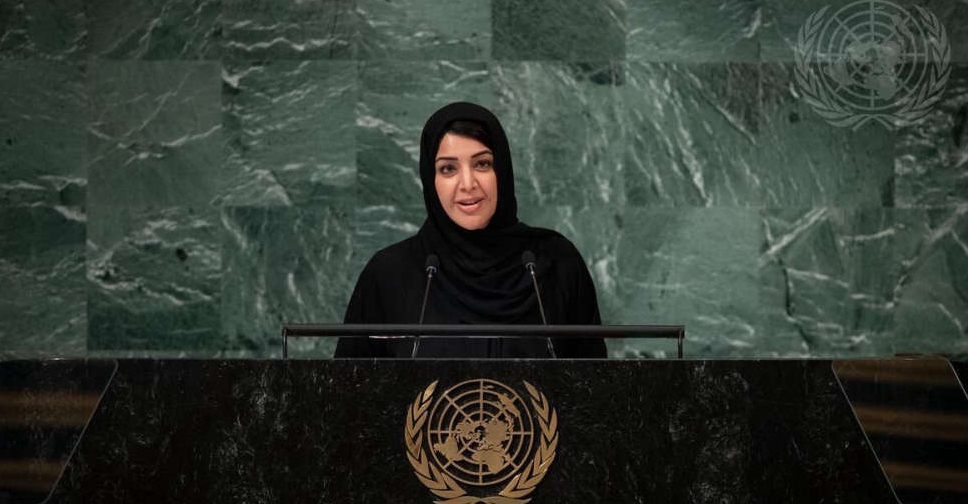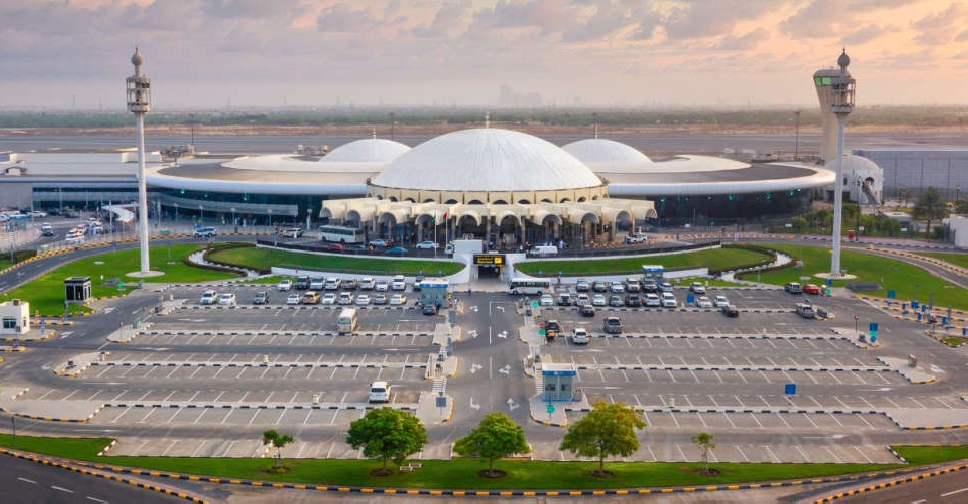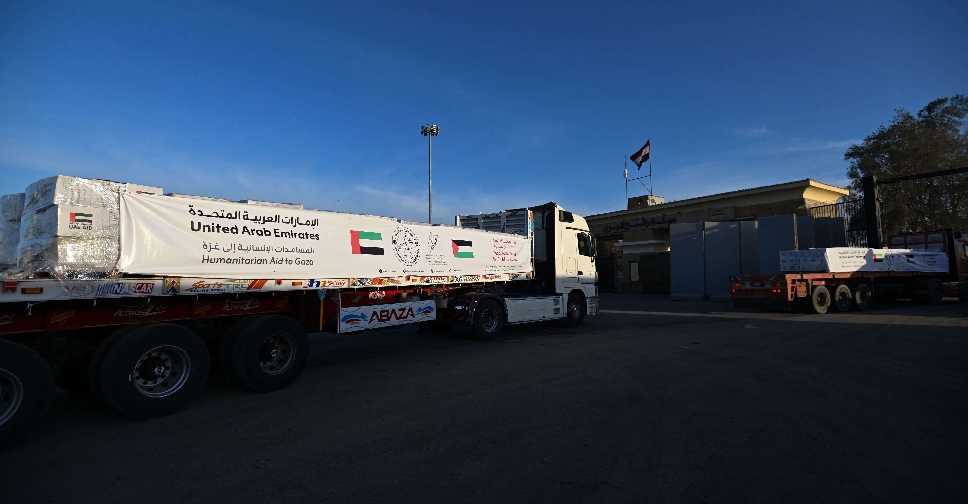
The UAE national carrier has shown progressive recovery across its businesses in the first half of 2021, despite a slower than expected return to global air travel.
Its passenger revenue came in at $0.3 billion, down by 68 per cent year-on-year from $1.0 billion. However, the dip was offset by strong performance in cargo operations, with a 44 per cent year-on-year increase in freight carried in H1 2021 (365,500 tonnes) and a 56 per cent year-on-year increase in revenue ($0.8 billion).
The airline carried one million passengers during the same period, with an average seat load factor of 24.9 per cent. This represents an average 10 per cent month-on-month growth in passenger volumes since Etihad restarted passenger operations in July 2020.
Network capacity came in at 16.4 billion ASKs, and has grown steadily since the start of the year, with the airline operating almost 3,500 flights a month to 67 passenger and cargo destinations by the end of June 2021.
Since the beginning of 2021, Etihad has launched or restarted operations to 10 destinations including the historic launch of scheduled services to Tel Aviv in April 2021.
Tony Douglas, Group Chief Executive Officer, expressed confidence at how the airline tackled the challenges posed by the pandemic.
"Despite the curveball of the Delta variant disrupting the global recovery in air travel, we have continued to ramp up operations and are today in a much better place than this time in 2020," he said.
"As soon as destinations are added to the Abu Dhabi green list or UAE travel corridors, we are seeing a three to six-fold jump in bookings in some cases, showing there is a tidal wave of demand waiting to be unleashed. We are ready to welcome more guests on board to experience why Etihad is second to none when it comes to ensuring passenger wellbeing."
Throughout the first half of 2021, Etihad retained a singular focus on cost control, decreasing operating costs by 27 per cent year-on-year from $1.9 billion to $1.4 billion, supported by reduced capacity and volume-related expenses. Fixed overhead costs saw a significant improvement, reducing by 22 per cent to $0.3 billion, while finance costs reduced by 22 per cent owing to an ongoing balance sheet deleveraging. As a result, the airline managed to rebuild its liquidity position to pre-pandemic levels.
Overall, Etihad recorded a core operating loss of $0.4 billion (half the loss of $0.8 billion in H1 2020), with EBITDA turning to a positive $0.1 billion from a negative $ 0.1 billion in the same period of 2020.
"While market demand has been slower to recover than anticipated, our record cargo performance has continued to buoy the business," said Adam Boukadida, Chief Financial Officer.
"At the same time, we have continued to strengthen underlying fundamentals to place Etihad in a better position to maximise the value of passenger revenue as our volumes return. Our rock-solid credit rating has remained unwavering throughout the pandemic and was once again reaffirmed at ‘A with a stable outlook’ by Fitch in April 2021, serving as a clear sign of the long-term financial viability of our business. While the pandemic still poses challenges, Etihad is on the path to becoming a sustainable and profitable business."

 China hits US defence firms with sanctions over Taiwan arms sales
China hits US defence firms with sanctions over Taiwan arms sales
 Dubai Free Zones Council reviews efforts to boost investor experience
Dubai Free Zones Council reviews efforts to boost investor experience
 ADFD finances project to enhance water security in Mauritania
ADFD finances project to enhance water security in Mauritania
 Waymo to update software after power outage snarls self-driving vehicles
Waymo to update software after power outage snarls self-driving vehicles
 Masdar to develop Southeast Asia’s largest floating solar plant
Masdar to develop Southeast Asia’s largest floating solar plant




